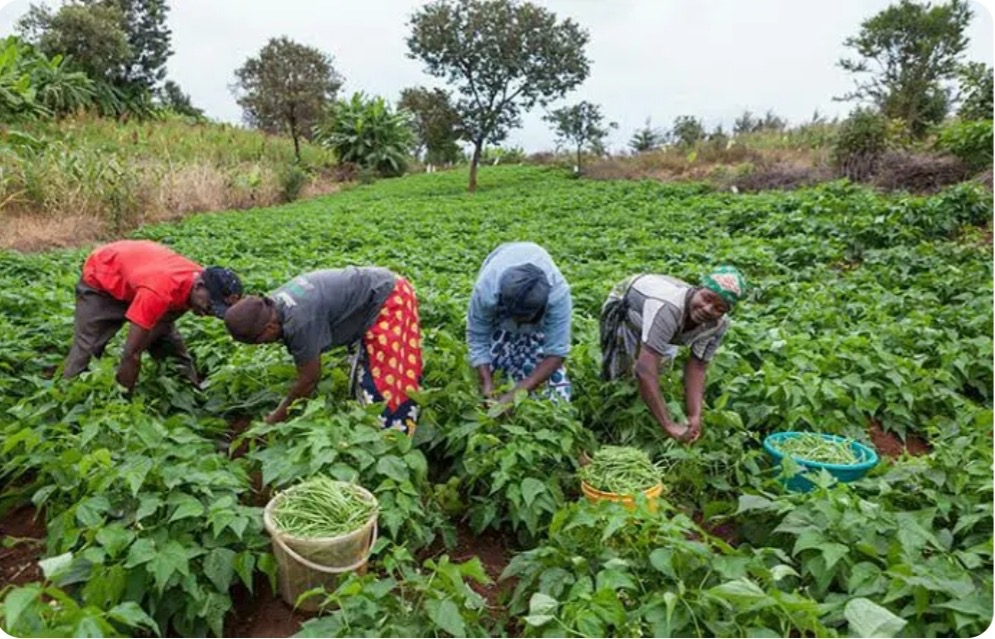
In a bold move to sanitize Nigeria’s agricultural sector and boost food production, President Bola Ahmed Tinubu has launched a comprehensive national initiative aimed at eliminating “briefcase farmers” individuals who falsely claim to be farmers in order to access government support and subsidies.
The Federal Government, through the Ministry of Agriculture and Food Security, has initiated a nationwide farmers’ data audit and digital registry, designed to verify and document genuine farmers across the country. The initiative is part of a broader campaign under the State of Emergency on Food Security declared by President Tinubu in 2023.
“We are putting an end to the era of impostors who divert resources meant for real farmers,” said Senator Abubakar Kyari, Minister of Agriculture and Food Security. “Only verified, active farmers will benefit from government interventions going forward.”
Key Features of the Reform
- Digital Farmer Registry
A centralized and digitized farmer verification system will be used to maintain accurate records, ensuring only eligible farmers receive input support, loans, and training.
- Livestock Development Strategy
The government plans to establish cattle breeding centres in each of Nigeria’s six geopolitical zones, as part of a new Ministry of Livestock Development. This effort aims to enhance livestock production and reduce the long-standing conflicts between herders and farmers.
- Mechanisation Programme
More than 2,000 tractors and modern implements have been deployed as part of an ambitious target to roll out 10,000 tractors over five years. This initiative includes collaborations with Belarus and John Deere to increase mechanized farming across the country.
- Special Agro-Processing Zones (SAPZs)
In partnership with international development agencies, the federal government is expanding SAPZs to facilitate value addition, reduce post-harvest losses, and stimulate agribusiness development.
- Crop Research and Innovation
The government is investing in crop improvement programmes, including disease-resistant varieties such as Ebola-resistant tomatoes, and has already cultivated over 133,000 hectares of wheat under the Agro-Pocket programme.
- Infrastructure for Irrigation and Power
Three dams have been completed to irrigate 2,700 hectares of farmland, alongside mini-hydropower projects to support rural electrification for farming communities.
Strategic Impact
The initiative is designed to:
Ensure transparency in the distribution of agricultural support.
Strengthen Nigeria’s food systems and reduce dependency on imports.
Increase productivity through mechanisation and modern farming techniques.
Support rural livelihoods and reduce youth unemployment.
Promote peaceful coexistence through livestock infrastructure.
Agriculture stakeholders have applauded the initiative but called for continued transparency and rigorous monitoring to ensure lasting impact.
Context and Vision
The reforms align with President Tinubu’s Renewed Hope Agenda, which aims to revitalize Nigeria’s agricultural sector through data-driven governance, strategic investments, and public-private partnerships. The government also recently signed a $1 billion agriculture cooperation deal with Brazil, further strengthening its commitment to sectoral transformation.
As Nigeria battles rising food prices and inflation, this aggressive campaign against fraud and inefficiency in agriculture marks a pivotal step toward food sovereignty and sustainable development.
